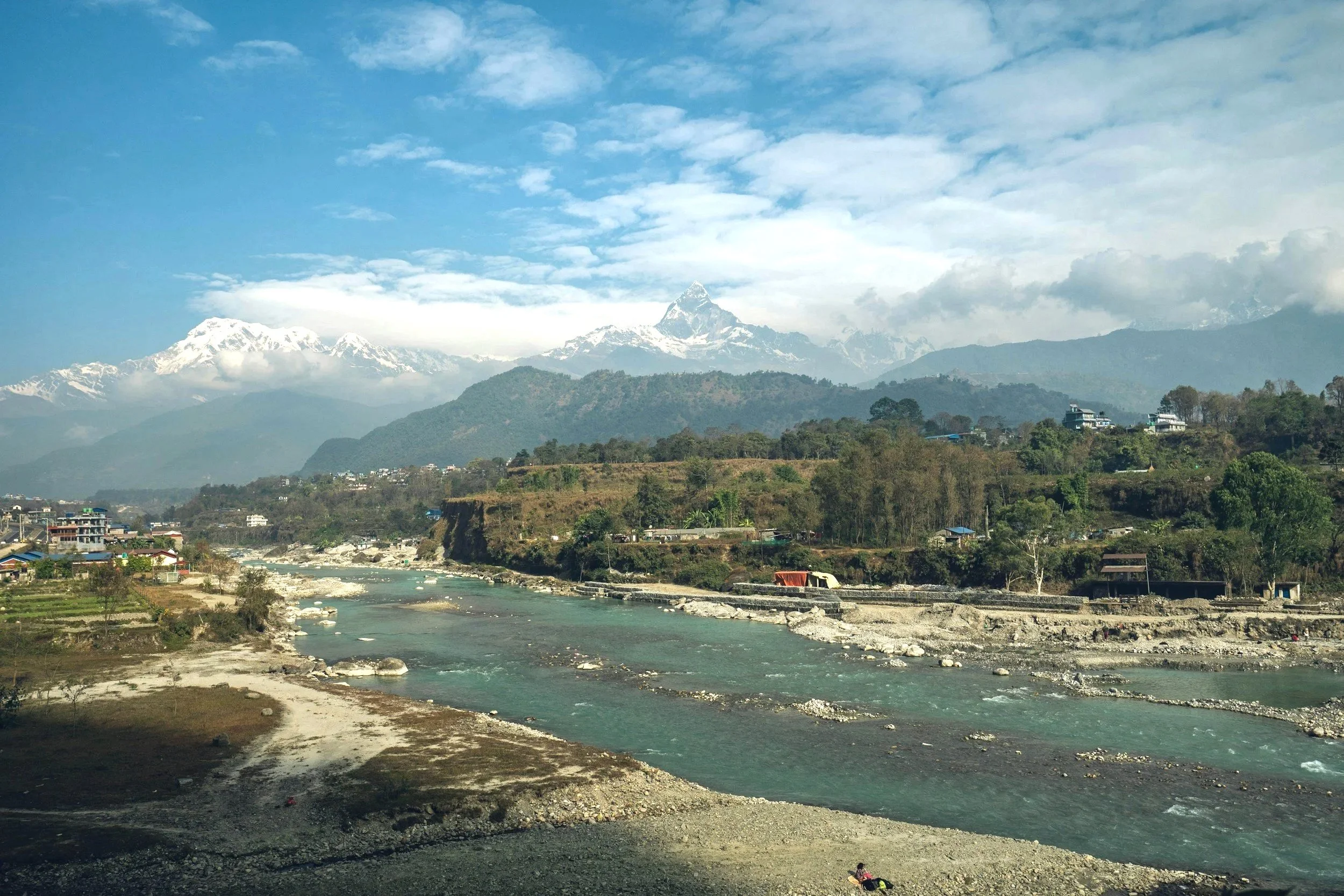Climate negotiation training - Nepal
Enhancing the negotiation skills of Nepalese delegates ahead of COP30
Date: 29-30th October 2025
Location: Kathmandu
Nepal is highly vulnerable to climate change. Given the critical need for climate action, Nepal has been actively engaging in international climate negotiations, particularly with the United Nations Framework Convention on Climate Change (UNFCCC) Conference of the Parties (COP). Strengthening the capacity of senior government officials, who play a key role in representing Nepal in these crucial international climate discussions, will be vital for more effective engagement in the future.
To address this, Water and Energy Commission Secretariat (WECS), Climate Change Management Division (CCMD)/Ministry of Forests and Environment (MoFE) in collaboration with the International Water Management Institute (through its Water Resilience Tracker project), United Nations Development Programme, and Prakriti Resource Centre are organizing a two-day capacity sharing training to strengthen the negotiation capacity of senior government officials.
The two-day workshop is designed to enhance the negotiation skills of the Government delegates involved in climate change, water, and the relevant sector to ensure meaningful engagement in influencing the water agenda during the COP processes. The workshop will be centred around UNFCCC, COP, and key agenda items like adaptation, mitigation, loss and damage, GEDSI, mountains, and climate finance.
Objectives
Through an inclusive and participatory approach, the training will enable government delegates to:
Deepen delegates’ understanding of Nepal’s priorities at COPs and represent them more effectively, especially from climate resilient water perspectives
Engage more strategically on key negotiation agenda items, such as adaptation, climate finance, and loss and damage

